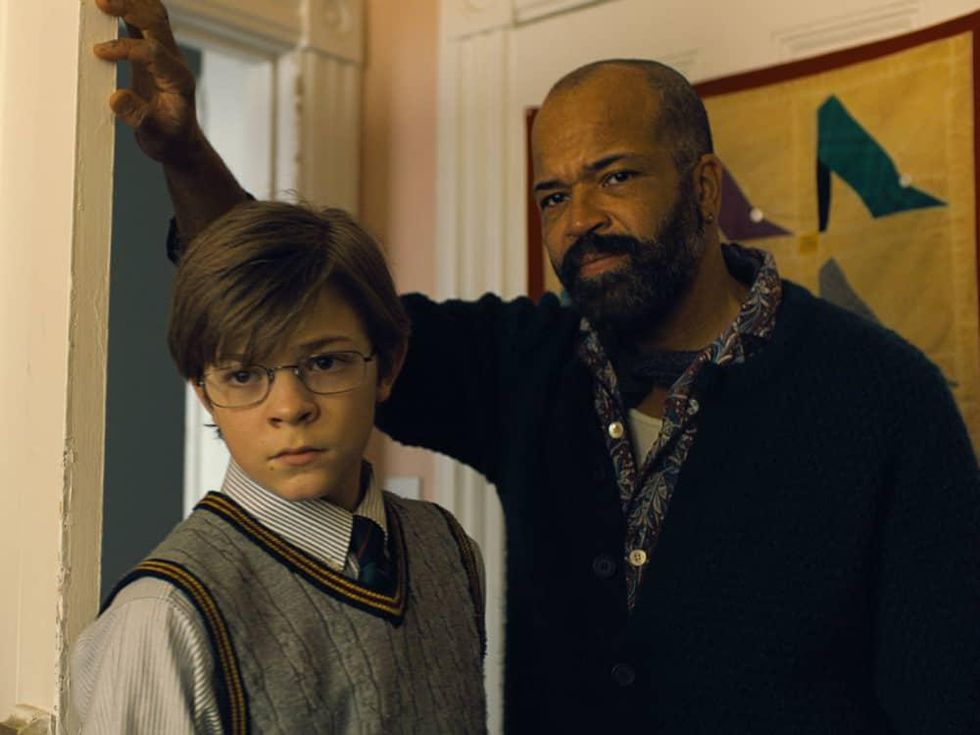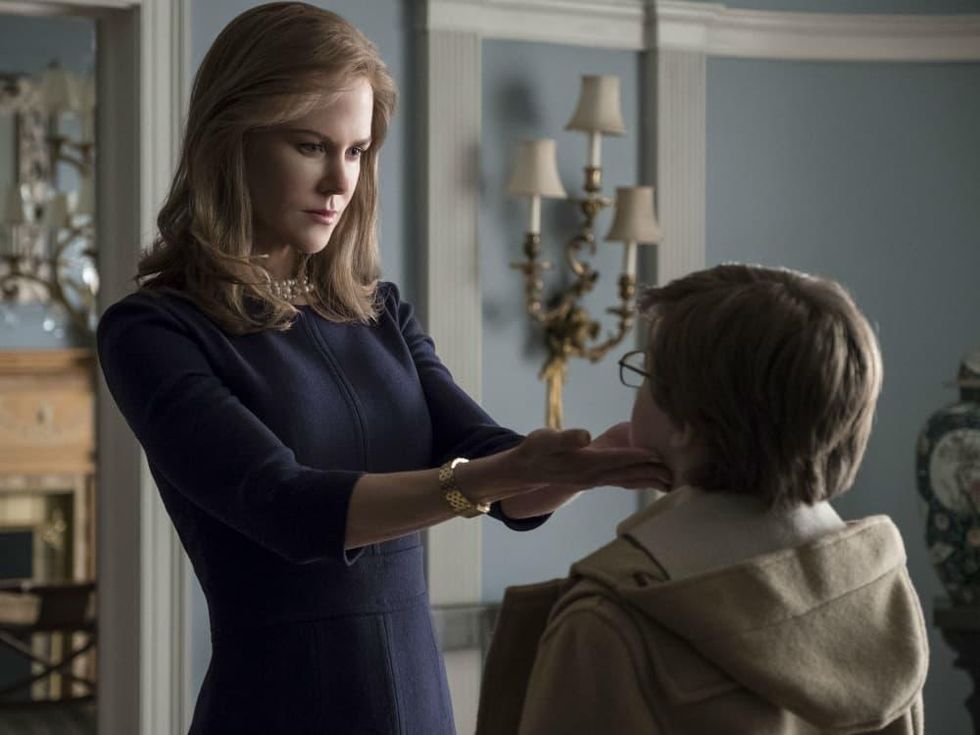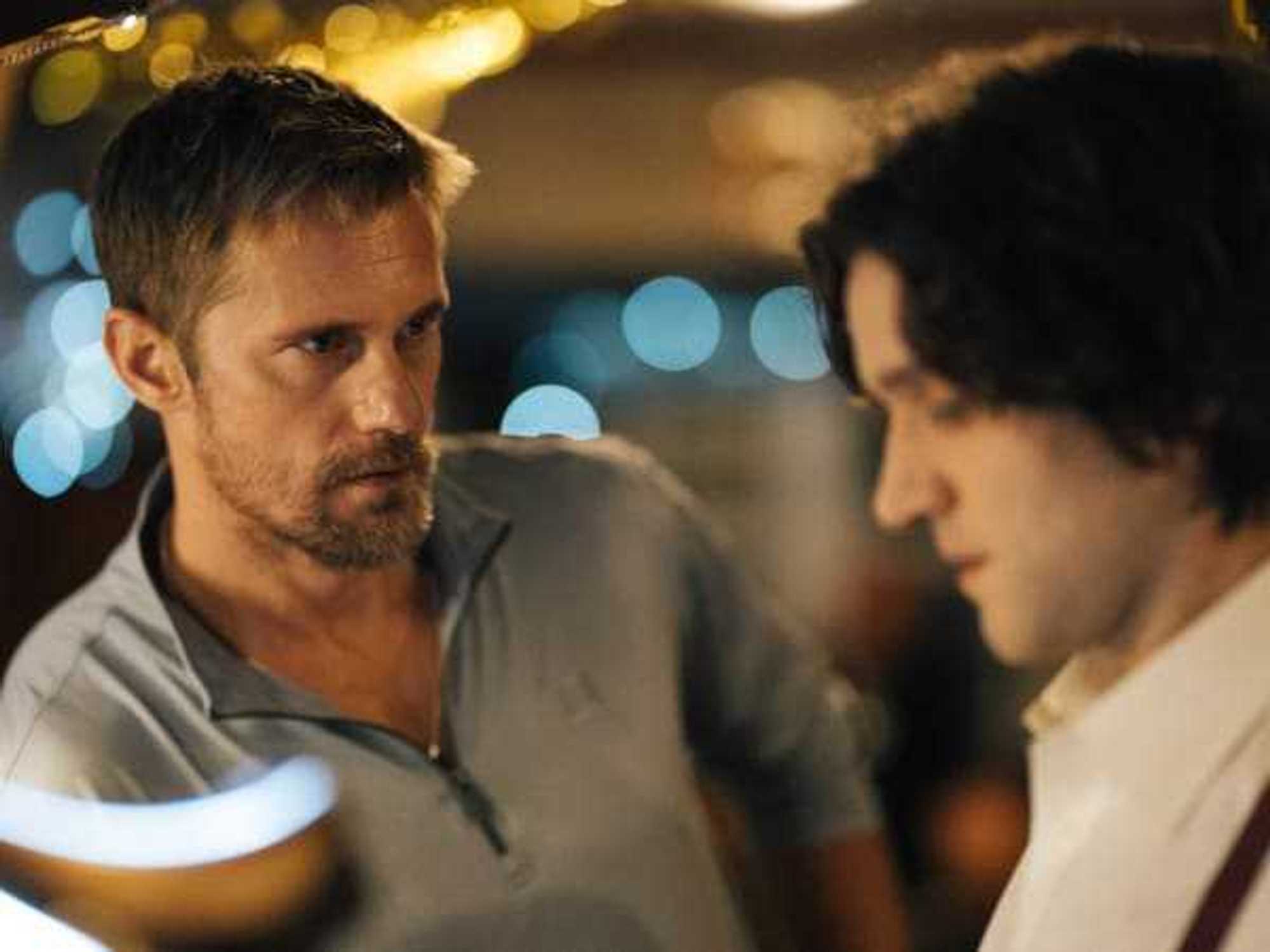Movie Review
The Goldfinch flies high with compelling story and performances
Surprisingly, film adaptations of Pulitzer Prize-winning novels are relatively rare. Of the last 20 winners of the prestigious award, only two — Michael Cunningham’s The Hours and Cormac McCarthy’s The Road — found their way to the big screen (two others were made into TV miniseries). A third, Donna Tartt’s The Goldfinch, has now joined the list, hoping its literary pedigree will translate into film form.
The film centers on Theodore Decker, who, as a boy (Oakes Fegley), survived a bombing at an art museum that killed his mother and many others. For reasons that are unknown for most of the film, Theodore took a painting called The Goldfinch following the explosion. The fateful decision helps him keep a connection with his mother, but it also haunts him as he becomes an adult (Ansel Elgort), knowing that the valuable artwork belongs in a museum.
Some of the precious few people Theodore can rely on after his mother’s death are Mrs. Barbour (Nicole Kidman), whose family gives him a place to live, and antiques dealer Hobie (Jeffrey Wright), with whom he has a connection merely because of where he was in the museum at the time of the explosion. Those bonds remain after Theodore’s deadbeat father, Larry (Luke Wilson), and his girlfriend, Xandra (Sarah Paulson), reclaim him and move him from New York to the outskirts of Las Vegas.
The film, directed by John Crowley (Brooklyn) and written by Peter Straughan, is a sprawling, 149-minute affair that one might expect from adapting a nearly 800-page novel. But the mysteries of Theodore’s life and the obstacles he faces keep the film compelling. The painting he took is the specter that trails him throughout his life, but it also keeps driving him forward, searching for meaning in a world that lets him down too many times to count.
A plot-driven film like this is dependent on the relationships of its characters, and the filmmakers do a great job at establishing and reinforcing them. Hobie is Theodore’s most consistent friend, but contemporaries like Pippa (Aimee Laurence as child, Ashleigh Cummings as an adult) and Boris (Finn Wolfhard as a child, Aneurin Barnard as an adult) help him cope during hard times.
Still, for a film that deals with death and guilt as much as it does, it keeps its emotions close to the vest. Both as a child and as an adult, Theodore is often hard to read. Characters have tears flow on multiple occasions, but the impact of those moments is more muted than perhaps the filmmakers meant them to be. This could be a byproduct of the mysteries of the story, but whatever the reason, it keeps the film from reaching its full potential.
The film opens and closes with Elgort, but Fegley is arguably the more interesting of the two Theodores. He is given the responsibility of determining the mindset of the character, and he’s more than up to the task. Kidman, Wright, and Wolfhard are each fantastic in their respective roles, despite the latter being saddled with a questionable Russian accent. Wilson is a bit out of his depth, but he’s helped by the presence of Paulson, who elevates a one-note character.
While perhaps not the surefire Oscar bet that might be expected of an adaptation of a Pulitzer Prize winner, The Goldfinch is nevertheless an enthralling story filled with fascinating characters and great performances.




